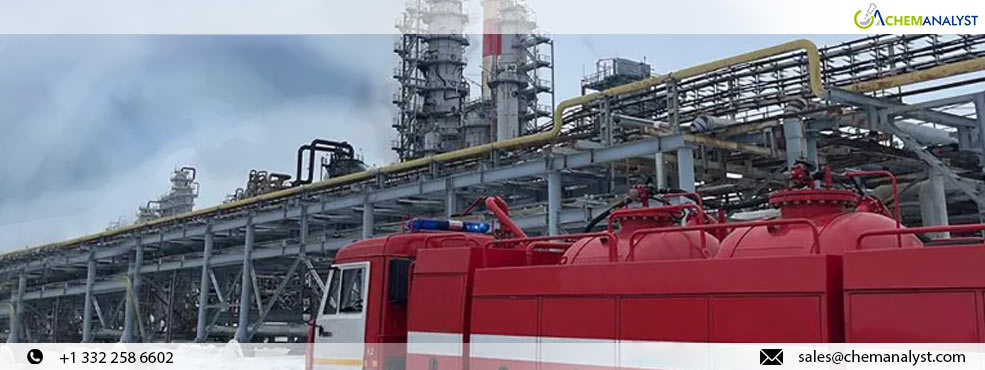Welcome To ChemAnalyst

Ukrainian drone strikes have dealt significant blows to three oil refineries deep within Russian territory, prompting President Vladimir Putin to label the assault as a deliberate attempt to disrupt his upcoming presidential election. The most recent aerial strike, occurring on Wednesday, ignited a blaze at Rosneft PJSC’s Ryazan plant, one of the largest crude-processing facilities in the country, located near Moscow. Additionally, the Novoshakhtinsk refinery in the southern Rostov region was forced to halt operations due to a similar drone attack, compounding the disruption caused by a previous incident at Lukoil PJSC’s Norsi plant on Tuesday.
Throughout the year, Ukraine has utilized drones to target critical Russian oil facilities spanning from the Black Sea to the Baltic Sea. As the balance of power on the front lines tilts in Moscow’s favor, Kyiv has endeavored to impede Russia’s oil-product exports and its capacity to supply fuel to its military forces. While an initial flurry of attacks in February impacted nearly a fifth of the country’s crude-processing capacity, by early March, the industry was showing signs of recovery.
The Ryazan refinery, located around 200 kilometers southeast of Moscow, proudly possesses an annual capacity of 17.1 million tons, roughly translating to 340,000 barrels per day. serves as a principal provider of motor fuels for regions surrounding the Russian capital. The drone attack on Ryazan initiated a fire that was later extinguished, resulting in two individuals being hospitalized. The plant was compelled to shut down two primary oil refining units.
These attacks underscore the escalating insecurity faced by ordinary Russians residing in regions near the Ukrainian border, as the conflict enters its third year. Subsequently, the independent Novoshakhtinsk refinery in Russia’s southern Rostov region suspended operations following a drone strike on Wednesday. This facility, with an annual capacity of 5.6 million tons or approximately 112,000 barrels per day, represents a significant target.
The three refineries targeted by Ukrainian drones over the past two days collectively account for approximately 12% of Russia’s oil-processing capacity. The recent surge in attacks, commencing on Tuesday, inflicted damage to a unit of Lukoil PJSC’s Norsi refinery in Nizhny Novgorod and targeted an oil depot in the Oryol region. Ukrainian drones also launched repeated assaults on Surgutneftegas PJSC’s Kinef refinery in Kirishi, situated on the Baltic coast, as confirmed by Leningrad region Governor Alexander Drozdenko. Notably, a drone targeting the Kinef refinery on Wednesday was successfully intercepted.
Kinef refinery holds significant importance as a major facility dedicated to producing fuel for export markets. Any substantial disruption at this plant could reverberate across the global diesel market, exacerbating existing supply concerns.
We use cookies to deliver the best possible experience on our website. To learn more, visit our Privacy Policy. By continuing to use this site or by closing this box, you consent to our use of cookies. More info.
